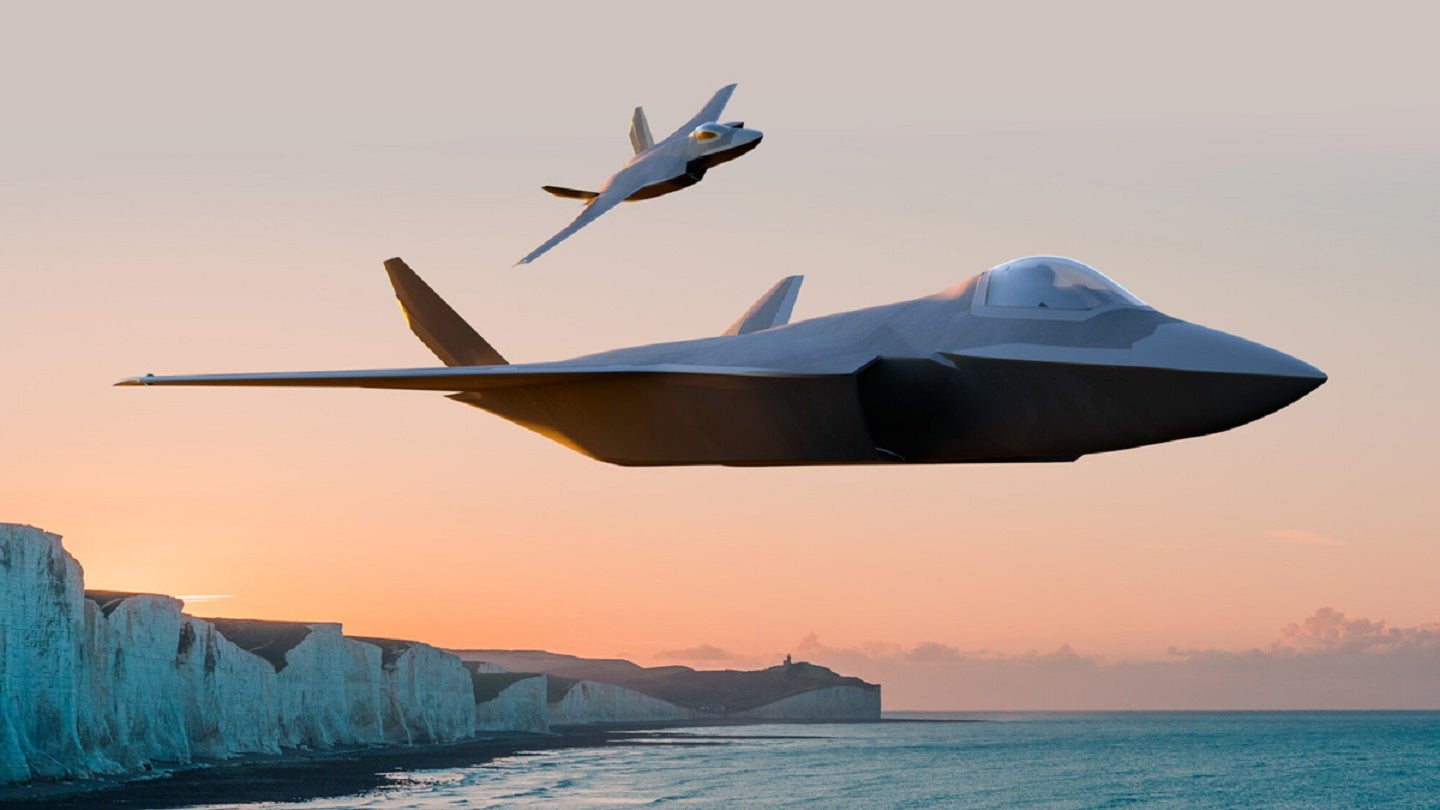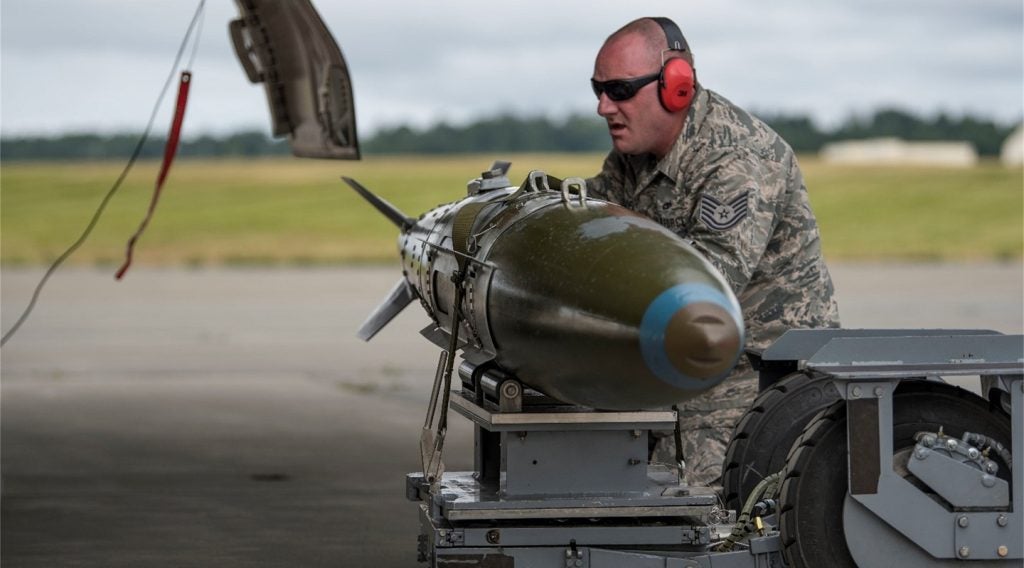
The recently formalised International Government Organisation, born from the Global Combat Air Programme (GCAP), is set to provide Japan with a lifeline for modernising its fighter jet fleet amidst economic challenges.
The collaborative effort with the UK and Italy aims to minimise development costs while bolstering Japan’s aerospace capabilities, according to insights from GlobalData.
The UK, Italy, and Japan have collectively agreed to develop a new fighter jet through the Global Combat Air Programme (GCAP). This international alliance is a strategic partnership but also offers a financial reprieve for Japan, which is grappling with economic turmoil exacerbated by currency fluctuations.
GCAP aims to produce aircraft ready for export and deployment by 2035. The UK and Italy’s motivation to partner with Japan in the GCAP is to fill gaps in development funding. The number of aircraft that will be produced and their technological development has improved through Japanese participation in the GCAP, according to GlobalData’s “Japan Defense Market 2023-2028” report.
GlobalData’s latest report, “Military Fixed Wing Aircraft Market Size and Trend Analysis by Segment, Programs, Competitive Landscape, and Forecast to 2033,” sheds light on the advantageous dynamics of this collaboration, emphasising that shared expertise and technologies will contribute to a reduction in development costs.
For Japan, a nation projected to spend around $104bn on aircraft procurement over the next decade, this alliance is poised to play a role, especially considering that 74% of the budget is earmarked for combat aircraft.
How well do you really know your competitors?
Access the most comprehensive Company Profiles on the market, powered by GlobalData. Save hours of research. Gain competitive edge.

Thank you!
Your download email will arrive shortly
Not ready to buy yet? Download a free sample
We are confident about the unique quality of our Company Profiles. However, we want you to make the most beneficial decision for your business, so we offer a free sample that you can download by submitting the below form
By GlobalDataAerospace & Defense Analyst at GlobalData, Harsh Deshmukh, underscores the significance of this development for Japan, “Japan, which already has a robust aerospace industry with the presence of manufacturing giants such as Mitsubishi Heavy Industries, will be able to smoothly transition into the rapid production of these next-gen fighters to replace its ageing fleet of F-2 fighter aircraft.
This is particularly essential for the country as it is trying to modernise the equipment of Japan Self-Defense Forces in recent years, amid the growing dominance of China in the Indo-Pacific region.”
Japan’s endeavour to diversify its sources of military technology is underscored by its ambition to expand its aerial assets beyond the F-35, which is already in operation. As China advances its fifth-generation fighter capabilities with the J-20 and J-35, Japan seeks to counterbalance this regional rivalry by participating in collaborative initiatives like GCAP. The goal is to maintain technological parity to address potential geopolitical challenges.
Deshmukh emphasises that Japan’s participation in GCAP aligns with its strategy to navigate economic challenges. “Therefore, it is imperative for Japan to ensure it maintains its relevance and technological parity with its primary regional rival to counter any unforeseen aggression.
This can be achieved by participating in collaborative development efforts such as the GCAP, which will not put excessive pressure on the exchequer amid the ongoing currency devaluation crisis.”







